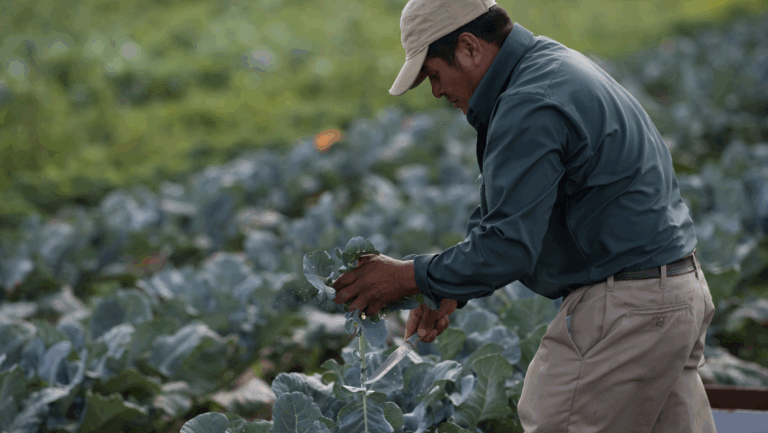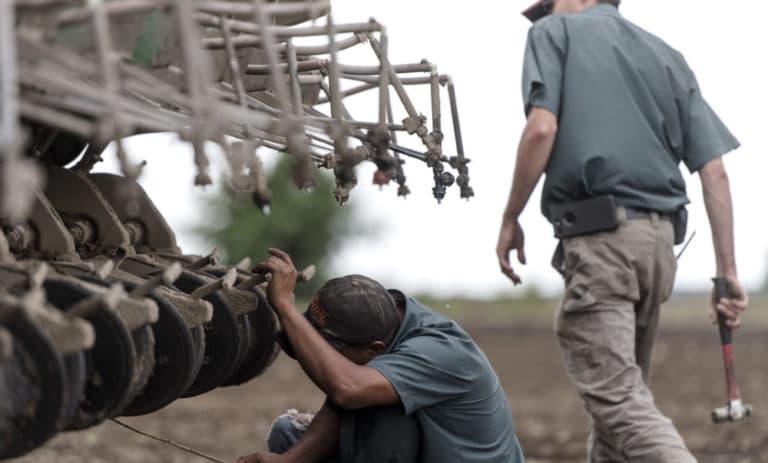A Farmer’s Guide to the Lower Food and Fuel Costs Act
The Lower Food and Fuel Costs Act aims to address critical issues for agriculture, including lowering the cost of farming while promoting competition in the industry.
Skyrocketing inflation and supply chain bottlenecks have been challenging American farmers and ranchers as they juggle rising input costs, shipping bottlenecks, and fluctuating commodity prices.
According to the Consumer Price Index, the food index experienced a 10.1 percent increase from May 2021 through May 2022. Lack of competition in the meat industry has taken a toll on U.S. cattle ranchers in the form of constricted profit margins, despite higher meat prices for consumers.
In response to these issues, the House of Representatives voted on June 16, 2022, in favor of the Lower Food and Fuel Costs Act—a comprehensive legislative package consisting of different bills that address these challenges.
A Breakdown of the Lower Food and Fuel Costs Act
The Lower Food and Fuel Costs Act will allocate $700 million to the USDA over the course of 10 years starting in 2022. The goal of this legislation is to lower input costs for farmers and food costs for consumers, although some argue that its efforts are misplaced. Central objectives of the Lower Food and Fuel Costs Act include:
- Lowering meat prices by reducing meat industry consolidation;
- Decreasing fuel costs by increasing the sale of ethanol;
- Expanding biofuel infrastructure;
- Increasing payments under the Environmental Quality Incentives Program;
- Increasing funding for precision agriculture; and
- Expanding meat and poultry processing.
Meat and Poultry Special Investigator Act
The Meat and Poultry Special Investigator Act is one of the most important components to the bill and has generated significant discussion within the industry. This component to the legislation grants the USDA more authority to investigate the consolidation of the meat industry.
Industry Perspectives
Overall, the main objective of this legislation is to lower costs for farmers and consumers while increasing competition in the agriculture industry. However, industry leaders are split on if the final bill will accomplish this task.
Those in support of the legislation feel that it will benefit farmers by enhancing competition and reducing costs.
“Farmers Union members are in strong support of bolstering USDA’s ability to investigate consolidation in the livestock industry that has been squeezing profits away from farmers and ranchers. NFU is also supportive of the provisions to expand processing capacity that will give our members more opportunities to get their products to their communities.”
“Adding USDA oversight will help our industry meet the bipartisan goal of ensuring each segment of the food supply chain is held accountable.”
On the other hand, some agricultural organizations oppose the legislation, feeling that it would not effectively solve the issues it attempts to address.
“The Lower Food and Fuel Costs Act would do nothing to immediately lower food and fuel costs.”
“Rising food, fuel, and fertilizer prices are hurting cattle producers around the country, but Congress is relentlessly focused on political posturing through this special investigator bill. NCBA strongly supports fairness and transparency in the market, but Congress is wasting time with legislative proposals in search of a problem while ignoring real issues impacting cattle producers.”
What’s Next for the Lower Food and Fuel Costs Act?
In order to be signed into law, the bill must be passed by the Senate and then signed into law by the President. If passed, supporters advocate that this bill will have significant impacts on the supply chain by expanding opportunities for producers and increasing competition.
AgAmerica will continue to monitor legislative developments for the Lower Food and Fuel Costs Act to ensure American farmers and ranchers can prepare accordingly and capitalize on the resources available to them.
Adapt to the Challenges with Working Capital
In times of rising production costs, having the liquidity to support your operation’s health and growth is of the utmost importance. AgAmerica understands that while these economic challenges are outside of your control, a backup plan can help you through the challenging times so you can thrive during the better ones. Equipping yourself with liquidity can help you sleep well even during trying times.
Don’t let inflation hold you back. Explore AgAmerica’s working capital loans.






